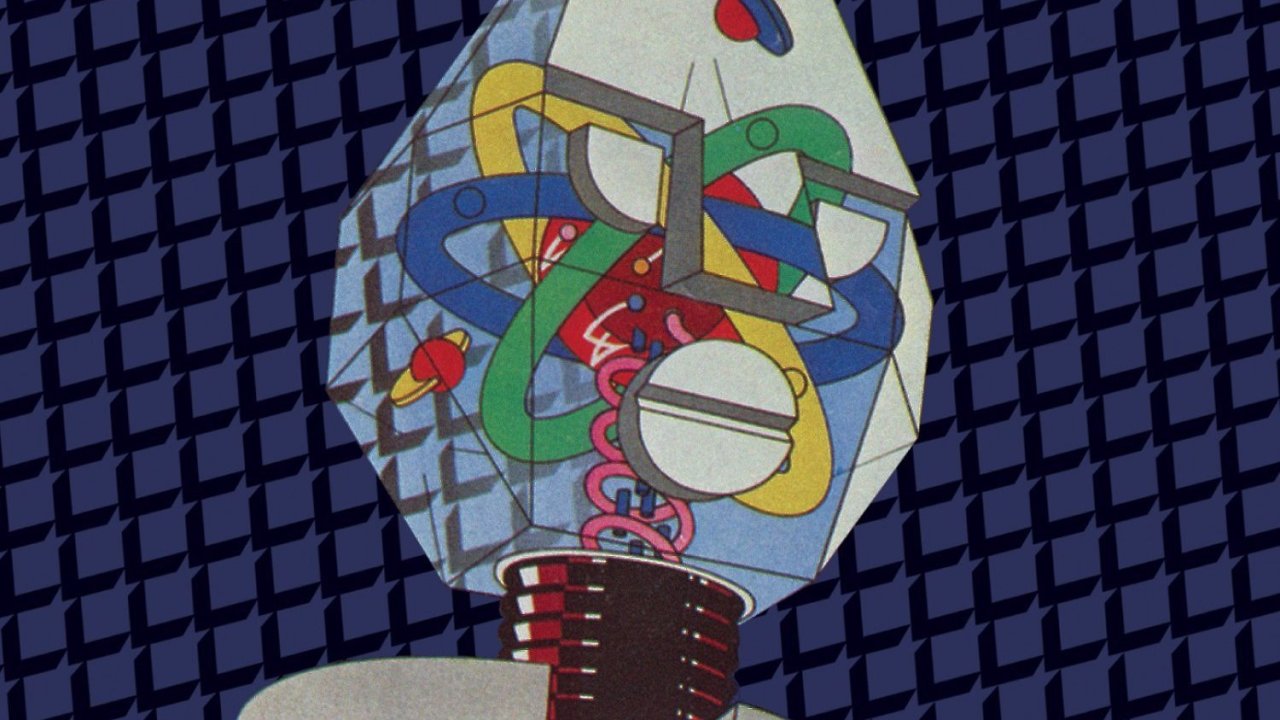If Alan Parsons and Eric Woolfson felt overburdened by expectation after the success of their magnificent, Poe-inspired debut collaboration of 1976, Tales of Mystery and Imagination, they certainly lived up to the title of a highlight on its follow-up, Don’t Let It Show. Woolfson – the now sadly departed pop veteran of the 1960s who served as co-writer, muse and manager of Parsons’ studio virtuosity – explained that since Edgar Allan Poe was often described as the father of science fiction, it made perfect sense for the pair to turn their attentions to a sci-fi for their second undertaking.
So it was that their vision was focused on the collection of short stories published by Isaac Asimov in 1950, which would become the second Alan Parsons Project 27 years later. This (somewhat belated) 35th anniversary edition of the album will be nothing less than a delight to anyone who immersed themselves in I Robot the first time around, but you would hope that more newcomers could join in this time than was the case in the dismissive milieu of the new wave onslaught at the time of its first release.
So chronically undervalued in Britain was the recurring studio phenomenon of the APP that they never breached the UK album Top 20, the eventual silver certification of Tales... and I Robot scant reward for the panoramic scope and sophistication of both works. Contrast that with reaction across the Atlantic, where I Robot became a million-selling Top Ten album with a year on the bestsellers list.
Parsons and Woolfson’s innate ability was to convert literary thought into soaring, high-resolution audio exploration with sonorous yet ever-accessible melody. That was augmented by the key to this enigma: not being a group per se they could act as the most skilled casting directors for contributions, especially when it came to vocals. Thus, just as John Miles, Terry Sylvester, Arthur Brown et al had helped to give Poe life on Tales…, the flawlessly compelling songbook for I Robot was illuminated by cameos from the likes of Allan Clarke of the Hollies (Breakdown), Steve Harley (The Voice) and Lenny Zakatek on US Top 40 hit single, no less, I Wouldn’t Want To Be Like You.
Vivid instrumental colour, on such as the opening title track and the ominous Total Eclipse, completed a picture of forbidding futurism that can still be soaked up with or without any obligatory devotion to sci-fi disciplines. The newly remastered original is supported by a second disc of trinkets, including alternative vocals and early versions. It’s as compelling a Project as it ever was.

